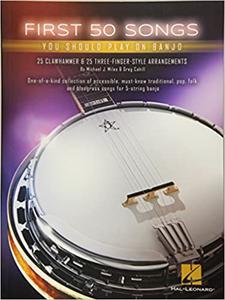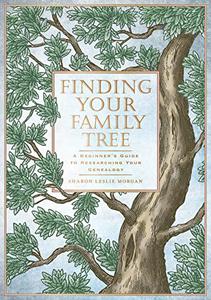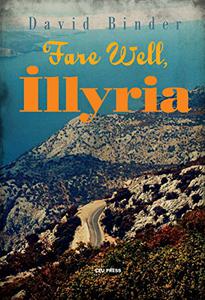 Felt Ornaments for All Occasions: 20 Adorable Patterns to Stitch, Gift, and Decorate (Landauer) Seasonal Designs for a Hare, Owl, Fox, Reindeer, Seahorse, Hot Air Balloon, Pumpkin, Garlands, and More by Sylvia Bird
Felt Ornaments for All Occasions: 20 Adorable Patterns to Stitch, Gift, and Decorate (Landauer) Seasonal Designs for a Hare, Owl, Fox, Reindeer, Seahorse, Hot Air Balloon, Pumpkin, Garlands, and More by Sylvia BirdEnglish | October 12, 2021 | ISBN: 1947163671 | 80 pages | PDF | 13 Mb
Ornaments don't have to be limited to Christmas time!Complete guide to the craft of making felt ornaments for any time of year, no matter your skill level20 charming designs arranged by season and featuring owls, foxes, seahorses, vintage caravans, and moreStep-by-step instructions, stitching techniques, patterns, tips, affordable material lists, and moreYear-round designs for decorations perfect for crafting, displaying, and gifting as meaningful, personalized keepsakesAuthor Sylvia Bird is the designer and maker behind Tilly & Puffin, where she creates colorful and charming hand-stitched felt ornaments and home décor











